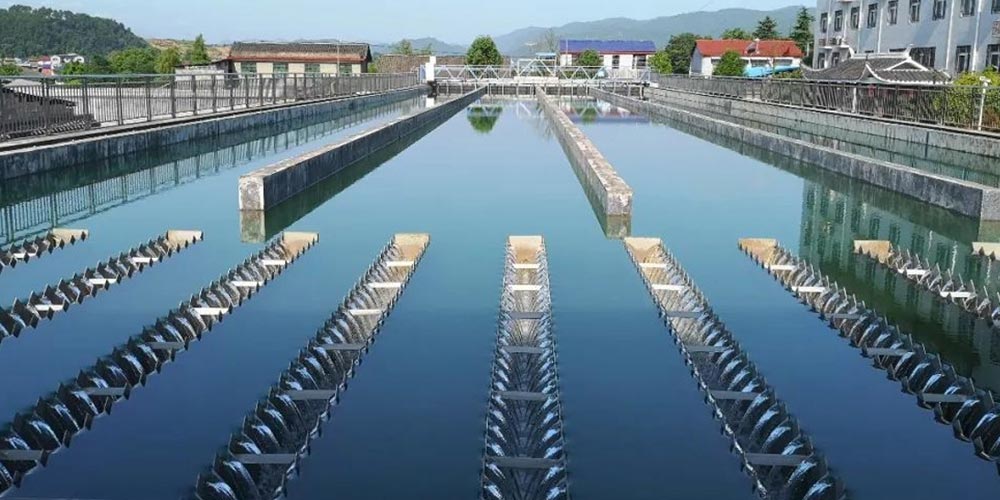In wastewater treatment, pH is a crucial factor that directly influences the effectiveness of Flocculants. This article delves into the impact of pH, alkalinity, temperature, impurity particle size, and the type of flocculant on flocculation effectiveness.
Impact of pH
The pH of wastewater is closely related to the selection, dosage, and coagulation-sedimentation efficiency of flocculants. Studies indicate that when the pH is below 4, coagulation efficiency is extremely poor. This may be due to the low pH stabilizing colloidal particles in wastewater, making it difficult for flocculants to effectively coagulate them. When the pH is between 6.5 and 7.5, coagulation efficiency significantly improves because the instability of colloidal particles in this pH range enhances the action of flocculants. However, when the pH exceeds 8, coagulation efficiency deteriorates significantly, possibly because the high pH alters the ion balance in wastewater, adversely affecting flocculants.
When the pH is too low, PAC cannot effectively form flocs, and the anionic groups of APAM will be neutralized, rendering it ineffective. When the pH is too high, PAC precipitates too quickly, resulting in poor performance, and CPAM is prone to hydrolysis and becomes ineffective.
Role of Alkalinity
The alkalinity of sewage buffers pH. When sewage alkalinity is insufficient, it is usually necessary to supplement it with chemicals such as lime to maintain pH stability enhancing PAC’s best flocculation effect. Conversely, when the pH of water is too high, acids may need to be added to lower the pH to neutral, ensuring the effectiveness of flocculants.
Impact of Temperature
Wastewater temperature is also a crucial factor influencing flocculation effectiveness. At low temperatures, wastewater exhibits high viscosity, reducing the frequency of collisions between colloidal particles and impurities in water, hindering the mutual adhesion of flocculants. Therefore, despite increasing the dosage of flocculants, flocculation remains slow, resulting in loose structures and fine particles that are difficult to remove under low-temperature conditions.
Influence of Impurity Particle Size
The size and distribution of impurity particles in wastewater also significantly affect flocculation effectiveness. Non-uniform or excessively small particle sizes may result in poor flocculation effectiveness because small impurity particles are often difficult to aggregate effectively through flocculants. In such cases, reflux sedimentation or the addition of an appropriate amount of flocculant can enhance flocculation effectiveness.
Selection of Flocculant Types
Choosing the appropriate type of flocculant is crucial for improving wastewater treatment effectiveness. Different types of flocculants, such as inorganic flocculants, polymer flocculants, and activated silica gel, have their advantages in different situations. For example, when suspended solids in wastewater exist in colloidal form, inorganic flocculants are often more effective. When dealing with smaller particle suspensions, the addition of polymer flocculants or activated silica gel as coagulants may be necessary. In many cases, the combined use of inorganic and polymer flocculants can significantly improve flocculation effectiveness and expand the scope of application.
Factors such as the pH value, alkalinity, temperature, impurity particle size, and flocculant type of wastewater jointly affect the effectiveness of flocculants in wastewater treatment. An in-depth understanding and control of these factors is of great significance to improving the effectiveness of wastewater treatment. Yuncang is people’s trustworthy supplier of flocculant chemicals, with many types of flocculants, including PAM, PAC, etc. On the official website they can conveniently explore wide range of products.

Media Contact
Company Name: Shijiazhuang Yuncang Water Technology Corporation Limited
Email: Send Email
Country: China
Website: https://www.yuncangchemical.com/
